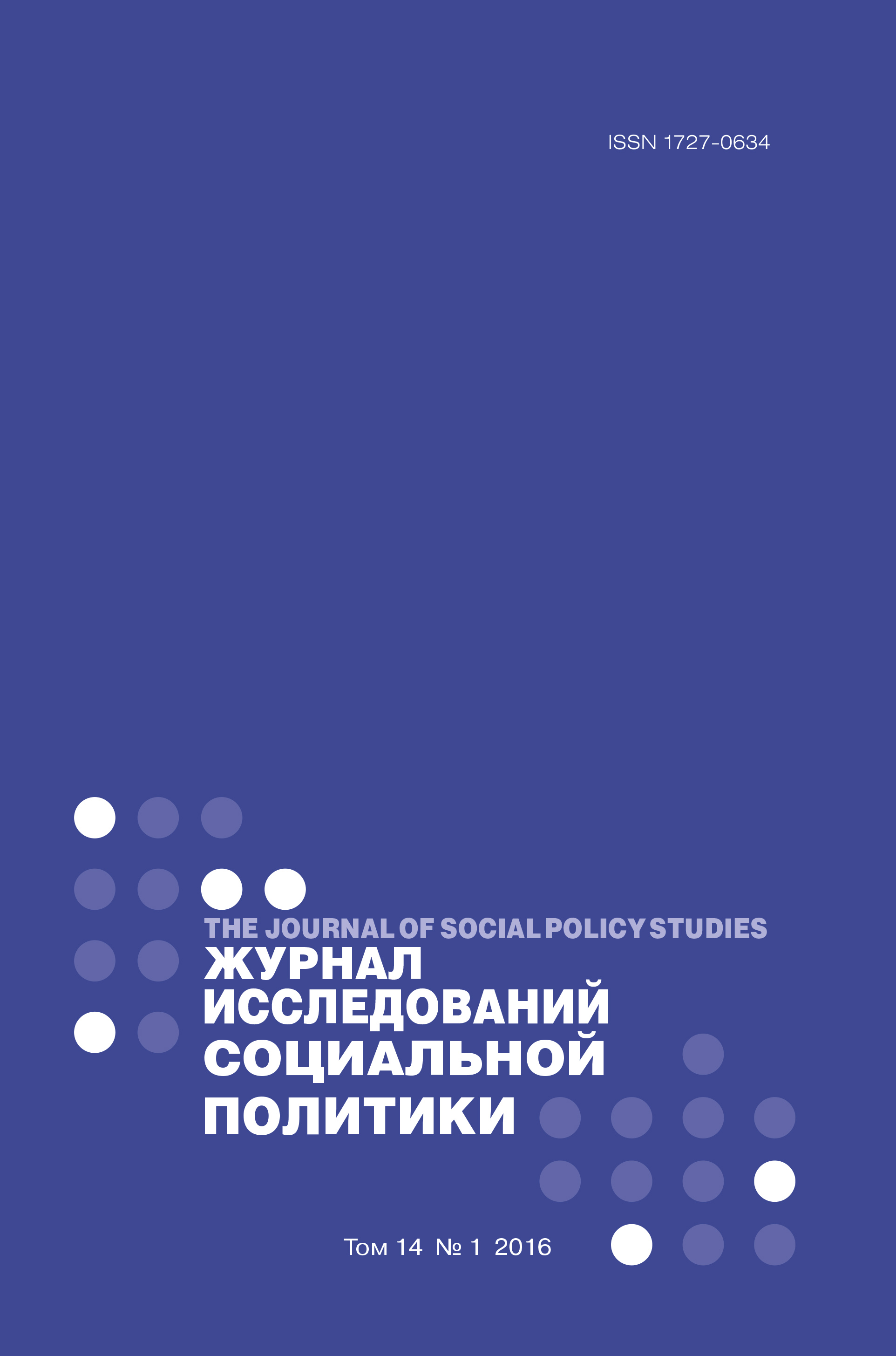Fragmentation of Society and Media Hybridisation in Today’s Russia: How Facebook Voices Collective Demands
Keywords:
Russia, public sphere, protest, hybrid media system, media use, Facebook, echo chambers
Abstract
Current social structures can be described more effectively with reference to value orientations, consumer patterns and Internet use rather than classic demographics. This approach to social stratification results into the idea of social milieus more flexible than the picture provided by rigid class categorisations. Social milieus differ in many respects; we argue that they also differ in their media diets. In the 21st century, Russia is a fundamentally fragmented society with post-industrial, industrial, rural and migrant communities showing divergent relations to state social policies as well as varying patterns of public deliberation and consumption, including media use. Social fragmentation is, thus, mirrored in the fragmentation of the media systems; moreover, one more dimension, namely media hybridisation, intervenes and influences the formation of closed-up communicative milieus based on both social patterns and digital divide. Of the several societal milieus observed by social scientists in Russia, some are seriously under-represented in the media system; and deep differences in media consumption, agenda setting, and public deliberation exist between all of them. Recently, a major value-based societal cleavage was revealed during the 2011–2012 protest rallies within the "For fair elections / white-ribbon" movement. Our research in to the media consumption patterns of the participants shows a correlation between media use patterns in the post-industrial urban "public counter-sphere" (consisting of the intelligentsia, the "creative class", students and other white-collar workers) and their perceived political freedom and self-reported online political behaviour. The research is expanded throughsearches for echo chambers and/or opinion crossroads in Russian Facebook vs. its Russian analogue Vkontakte. Results of an online survey with participants of the protest rallies (N=652), 11 in-depth interviews and 5 expert interviews were used to interpret the relations between self-reported media consumption dynamics and perceived political behaviour. The results show that the media diet of protest participants indicates a strong preference for several media clusters, especially social media, oppositional, and alternative-agenda media, while the consumption of traditional media and video is either plummeting or irrelevant. Facebook is flagged up as an echo chamber facilitating the protests.Downloads
Download data is not yet available.
Published
2016-03-15
How to Cite
БодруноваС. С., & ЛитвиненкоА. А. (2016). Fragmentation of Society and Media Hybridisation in Today’s Russia: How Facebook Voices Collective Demands. The Journal of Social Policy Studies, 14(1), 113-124. Retrieved from https://jsps.hse.ru/article/view/3291
Section
ARTICLES IN ENGLISH















